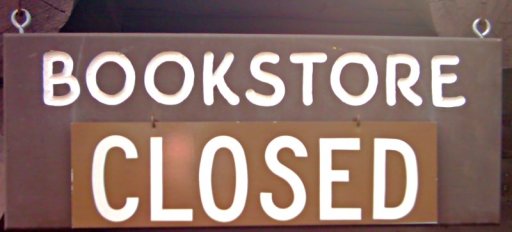Cosmetic surgeries are down these days. It’s no wonder. Who can justify botox injections when their 401k is circling the drain? Nothing like an economic meltdown to reveal the real worth of something. But if that’s the case, then storytellers oughta be pretty jazzed.

During one of our previous financial downturns, from an article entitled Recession Ripples, comes this:
Hollywood honchos love to reassure themselves by noting that people kept going to movies during the Depression because they wanted to escape from their financial problems. And movie-ticket sales climbed steadily in the last two recessions — from $1.9 billion in 1974 to $2.1 billion in 1975, and from $3 billion in ’81 to $3.5 billion in ’82.
In troubled economic times, one of the few sectors that remain recession proof is the entertainment industry. Bars, Movies. Music – all stay in business. Call it escapism, diversion, or whatever you want, but entertainment companies seem to prosper when the economy falters. (emphasis mine)
This is somewhat encouraging for those of us who labor in the realm of story. Apparently, when things go  south, people tend to dream. We want to escape the worry, be swept away into another time where stock markets never crash and the only bailouts are those enacted by wily wizards or harlequin hunks. It’s why comedians thrive during tough times, and why some of the best comic book characters were forged during global conflict (the 1930’s and 40’s were called the Golden Age of comic books).
south, people tend to dream. We want to escape the worry, be swept away into another time where stock markets never crash and the only bailouts are those enacted by wily wizards or harlequin hunks. It’s why comedians thrive during tough times, and why some of the best comic book characters were forged during global conflict (the 1930’s and 40’s were called the Golden Age of comic books).
So is story-telling recession-proof?
No. Just ask Doubleday Publishing Group, a unit of Random House, who last month laid off 10 percent of their employees across all of its imprints. Earlier this year, Thomas Nelson made similar cutbacks. During recessions, publishers are forced to be more picky. Not only do they publish less books, they look for sure-sellers, bigger name authors who’re more likely to entice consumer spending. Economic downturns also result in more affordable paperbacks, and reprints tend to resurface as readers wax nostalgic for the good old days.
And then there’s discounts on liposuction.
So, while story-telling isn’t completly recession-proof, a good story always outlasts bad times. Don’t believe me? Some are projecting that Twilight, the film adaptation of Stephanie Meyer’s popular Vampire series, will take in between $45 and 67 million its opening weekend. Don’t these people know we’re in a recession? Hmm. I guess crumbling economies have a way of making romantic vampire epics even more alluring.
So take heart. If it all collapses and we’re thrust back into the proverbial Stone Age, we would still huddle around the fire with our tribe and tell tales. The Good Samaritan, Jack and the Beanstalk, Peter Pan and Hazel Motes have weathered many hard times. Sure, by this time next year I may be out of a job. But Gandhalf will always be there…














i remember hearing stories about people scraping together a few cents to see a matinee during the Great Depression… but i can see how the production end of a lot of this business would suffer